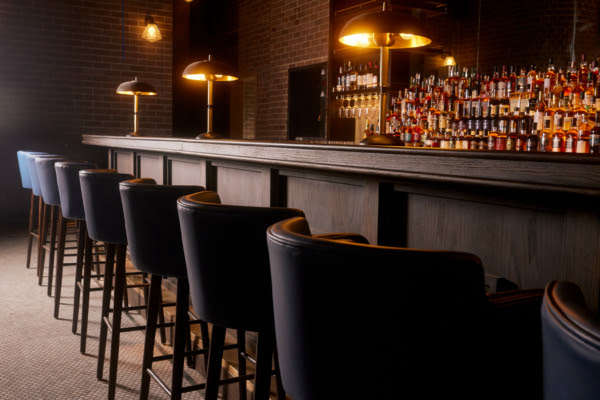
![]()
The report shows a 22.5% decline, representing the closure of 1,937 small and family-run Irish businesses. DIGI says this decrease sparks concern about the future sustainability of many other businesses in the industry.
The latest data shows an additional 108 pubs closed in 2022, with an average of 152 pubs closing annually since 2019. Over 450 pubs have closed in the period since the start of the Covid-19 pandemic with the greatest decreases seen in more rural parts of the country compared with Dublin.
Analysis also established that the rate of closures has accelerated in the aftermath of Covid-19, with 349 pubs closing in 2020 and 2021.
Continued decline of Irish pubs
Although all 26 counties experienced a decline in the number of public houses during the 2005 to 2022 period, the lowest decrease was in Dublin at 3.4%.
The largest decrease was seen in Limerick with 32% less pubs in the county since 2005. Roscommon (30.3%), Cork (29.9%) and Laois (29.9%) say the next largest decreases, with a further eight counties all showing the closure of more than a quarter (25%) in the number of pubs: Offaly (28.7%), Leitrim (28.6%), Tipperary (28.6%), Mayo (27.8%), Longford (26.5%), Donegal (26.3%), Clare (25.7%) and Waterford (25.4%).
DIGI says the data shows the number of closures disproportionately impacts more regional counties and areas outside of urban centres – such as Dublin and the immediate surrounding counties.
Community impact
According to an economic and social analysis of the numbers found in the DIGI report, economist Anthony Foley notes that while public houses play a particularly important role in contributing to the communities in Ireland’s towns, villages and rural areas, smaller local markets and populations mean many pubs in regional counties operate on tight margins marking them more at-risk of closure.
The 6,680 pubs operating across the country are at the cultural and social heart of their communities, supporting social relationships and, community cohesion and social capital, reducing the risk of isolation - according to Foley.
His analysis also cites the significance of pubs to Irish tourism as providing an extensive network of facilities and services. The importance of public houses as a factor for tourism is most notable in more rural counties including Kerry (with 413 pubs), Cork (856), Donegal (334), Mayo (337) and Leitrim (100) writes Foley.
In examining opportunities to mitigate the trend of closures in pubs in Ireland, he outlines the impact of economic and finance measures that could support the recovery of the hospitality sector immediately – including the reduction of excise duties.
Commenting, Kathryn D’Arcy, Chair of DIGI and Communications and Corporate Affairs Director at Irish Distillers said: “The analysis in this report paints a stark picture of a sector that is fighting against continued decline due to a number of significant external pressures – many of which are outside of our control.
‘’Ireland’s excise on spirits is the third highest in Europe, our excise on wine is the highest in Europe and our excise on beer is the second highest in Europe. We have some of the highest excise duties in the world and the second highest in Europe overall, despite the industry being at the heart of Ireland’s tourism sector and its international reputation as a vibrant destination.
‘’The majority of the almost 2,000 pubs cited in the report which have closed represent the closure of a small or family-run business, the loss of a livelihood and the disappearance of a high-street landmark.
“We must create a sustainable operating environment for the sector and particularly those in more rural parts of the country who are being disproportionately impacted by Government policy.
“To address this challenge, DIGI are calling on Government to deliver a reduction in Ireland’s extremely high excise duties which would make an immediate, positive difference to the hundreds of small businesses in our sector struggling to stay open.”
Commenting on DIGI’s report, Economist and Associate Professor Emeritus, DCU Anthony Foley notes that: “There are many reasons for the decline in the number of public houses in Ireland, economic and social. The cause and impact of these closures requires full consideration given the knock-on impact it has on the fabric of local communities as social outlets. The loss of hundreds of these local businesses, employers, purchasers and community hubs has repercussions, particularly in more rural communities across the country.
“The Irish pub is a significant component of the tourism infrastructure and the tourism experience which is based on hospitality and service provision. There are now 1,937 less locations for visitors to find and benefit from services such as food and entertainment.
“If we are to challenge this trend, we must look at factors which influence the viability of these businesses, particularly those costs over which the government has direct control. Excise duty is one such cost. Addressing the excessively high excise duty in Ireland compared to other countries would have a positive effect on the viability of small pubs.”